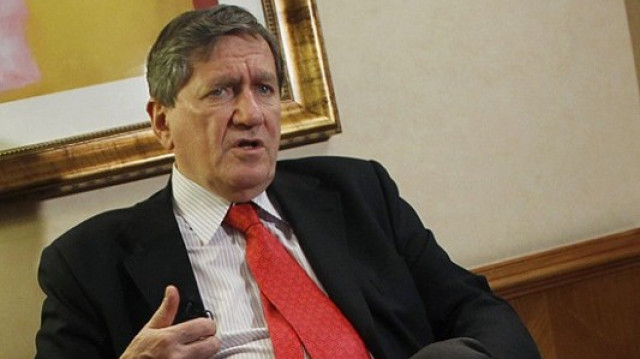No clear-cut military victory in Afghanistan: Holbrooke

Richard Holbrooke said the peace jirga in Kabul, in which the Afghan president was given a mandate to negotiate with the insurgents, was an important step in efforts to "reach out" to the Taliban and said the United States supported that effort.
Asked whether that support extended to even top leaders, such as supreme leader Mullah Mohammad Omar, one of the world's most wanted men, he told Reuters on Sunday:
"Let me be clear on one thing, everybody understands that this war will not end in a clear-cut military victory. It's not going to end on the deck of a battleship like World War Two, or Dayton, Ohio, like the Bosnian war," Holbrooke said.
"It's going to have some different ending from that, some form of political settlements are necessary, you can't have a settlement with al Qaeda, you can't talk to them, you can't negotiate with them, it's out of the question. But it is possible to talk to Taliban leaders."
In Madrid for an international conference to discuss non-military ways to help end the Afghan conflict, Holbrooke said if a member of the Taliban repudiated al Qaeda, laid down his arms and worked within the political system to join the government, "there's nothing wrong with that".
"The door is open and this jirga was a benchmark event on the road to the effort toward reconciliation," he said, but did not specifically mention the leadership.
Washington has been wary of overtures to senior Taliban leaders who sheltered al Qaeda before the Sept. 11 attacks, as opposed to the "reintegration" of the insurgency's foot soldiers.



















COMMENTS
Comments are moderated and generally will be posted if they are on-topic and not abusive.
For more information, please see our Comments FAQ